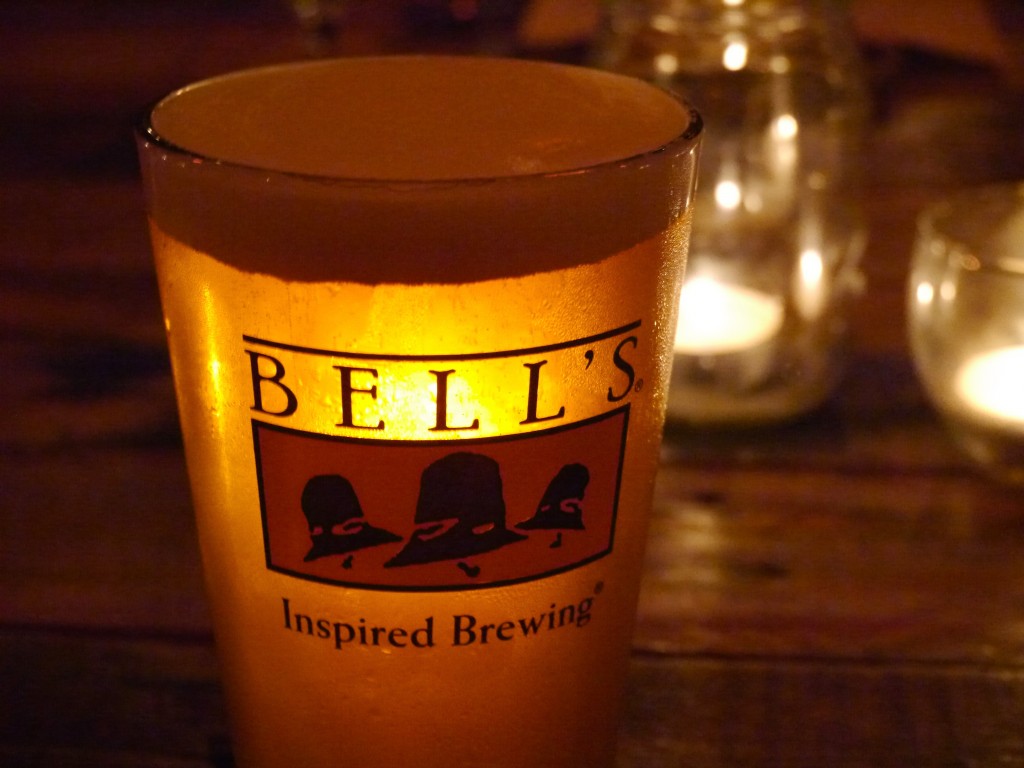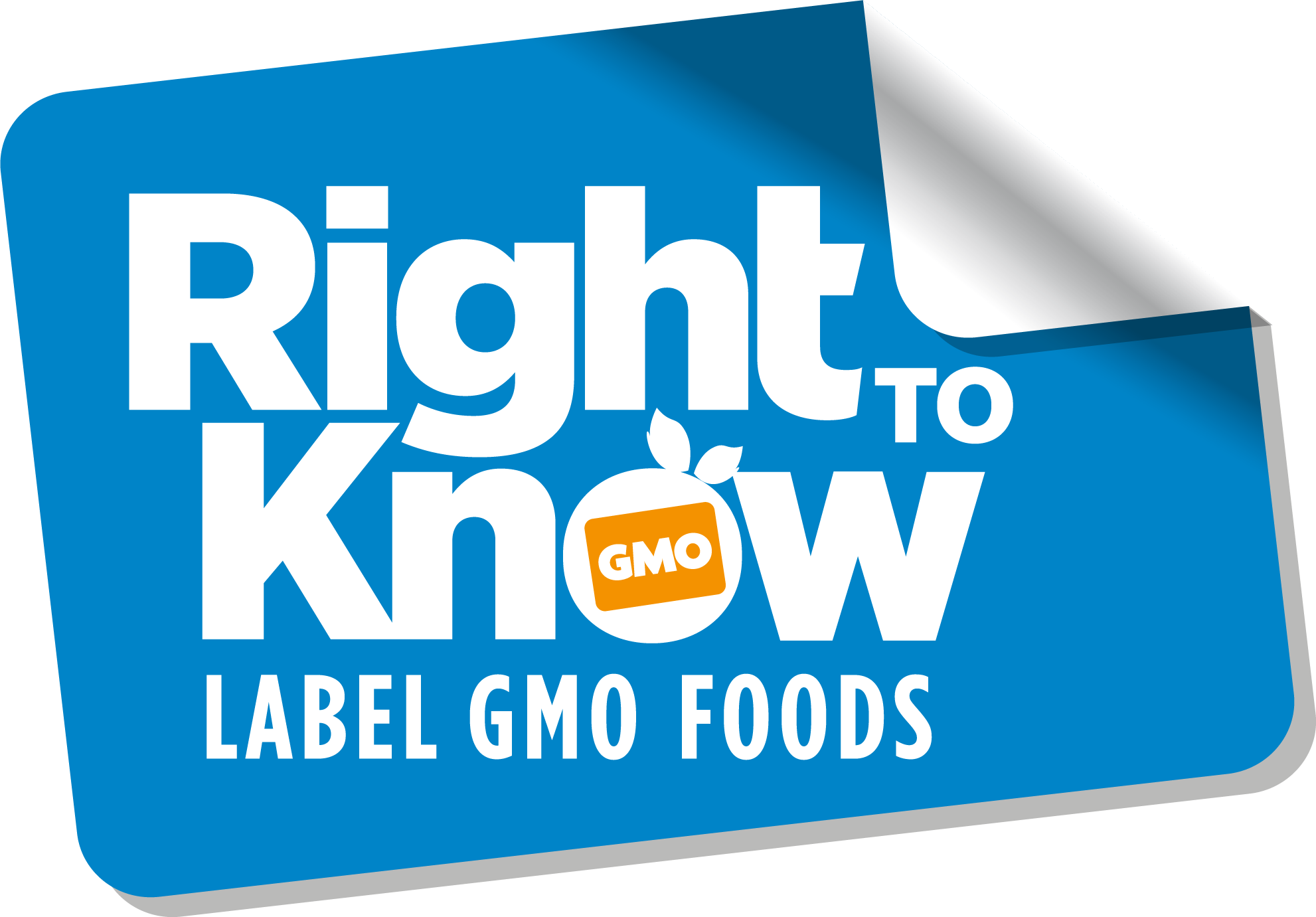Recently, Bell’s Brewery of Kalamazoo, Michigan filed a complaint in federal court against tiny upstart brewer Innovation Brewing of Sylva, North Carolina. Innovation Brewing filed a trademark application for their name and Bell’s claims that if such a trademark was granted it would create confusion in the marketplace since they use two phrases in their advertising: “Inspired Brewing” and “Bottling Innovation Since 1985”. Whether Bell’s is successful or not in this dispute it may not matter as much as how their customers perceive their actions.
The complaint has created a negative social media storm where many fans and customers of both breweries view these actions as contradictory to what makes the craft beer industry so special. The craft brewery revolution is about collaboration not competition. The people who truly care about beer and bring passion to the craft band together to share ideas and their love of quality ales and lagers. But when breweries instead choose to duke it out, who are the real winners and losers? Bell’s, which made more than 310,000 barrels last year in contrast to Innovation which makes only about 500 barrels a year and sells exclusively in North Carolina, is being perceived as a “bully”.
Although Bell’s is one of craft beer’s greatest independent success stories, this isn’t the first time they’ve used courts to settle their affairs. In 2011, Bell’s filed a challenge against a California-based brewer for its Copper Bell beer, but the matter was settled and the brand later withdrawn.
But Bell’s isn’t the only one using legal means to protect their brand. Recently, Lagunitas Brewing sued rival Sierra Nevada Brewing over its Hop Hunter IPA label. However, within a few days after filing the complaint, amid the firestorm reaction from angry customers using social media to voice their disappointment, Lagunitas founder Tony Magee quickly dropped the suit. Currently, New Belgium Brewing Co., the third largest craft brewer in the country, and Oasis Texas Brewing Co., a relatively new upstart, are slugging it out in court over the use of the name “Slow Ride” IPA. Just as in the other disputes above, fans are turning to social media to voice their concerns, but time will only tell the effect it will have on the outcome of this dispute.
Regardless of which brewery is right in the eyes of the law in these types of disputes, it only brings temporary relief. What matters most in the long run is how customers view their actions. In the case of Bell’s, several bar owners have pulled Bell’s from their menus until further notice and several brewing associations have signed petitions voicing their support of Innovation. In the spirit of the industry, it would be nice to see them resolve it amicably. Considering the cost of litigation, which in the case of a trademark defense can be between $40,000-50,000, wouldn’t the money be better spent on expanding their businesses? I hope other craft brewers will learn from these lessons and consider collaboration before litigation.



